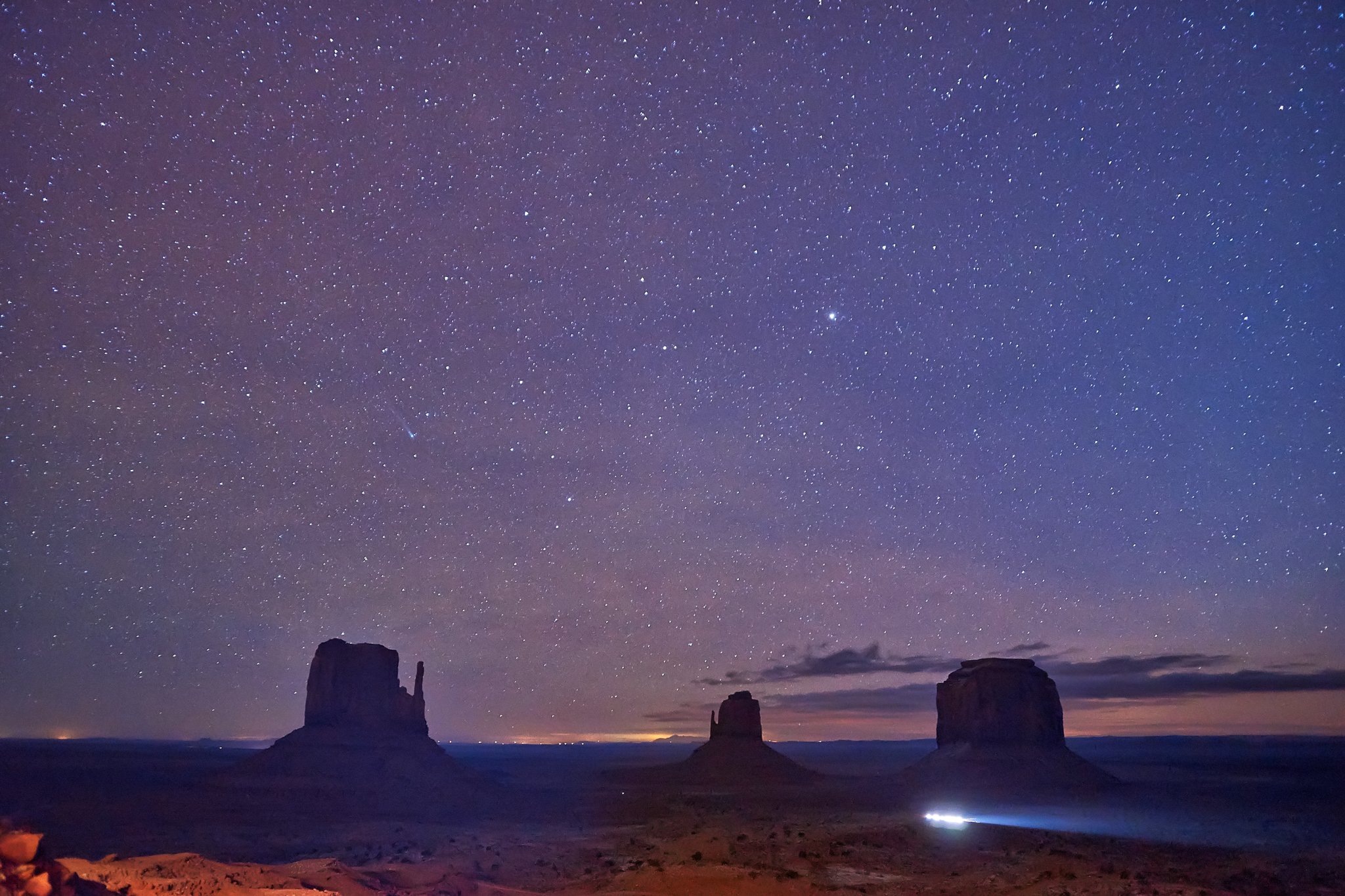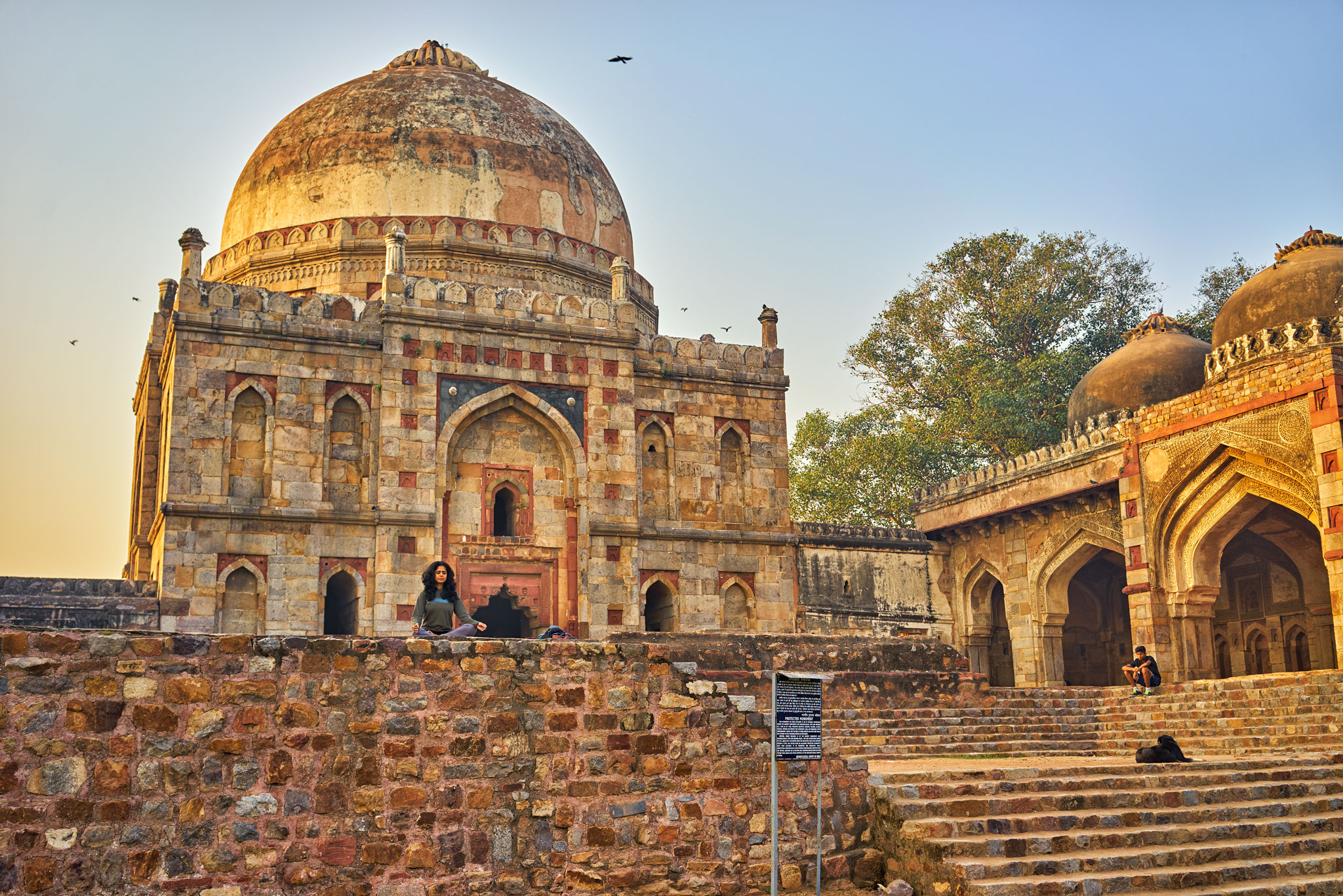yada yada hi dharmasya glanir bhavati bharata | abhyuthanamdharmasya tadatmanang srijamyaham ||7|| paritranaya sadhunang vinashaya cha dushkritam | dharmasangsthapanarthayay sambhavami yuge yuge ||8||
When dharma declines, and adharma flourishes, I give myself birth, to restore the balance. And every age witnesses my birth; I come to protect the good, and destroy the wicked. I come to re-establish dharma. — The Bhagavad Gita, Chapter 4, verses 7 and 8
One morning, I was talking to a friend of mine, who lives in America. During our talk, my friend asked me about a recent blog of mine. He seemed to have enjoyed it immensely and was keen to know more about my thoughts on restoring balance in our lives. So I talked about the five principles that I live by:
- Take care of your health (move, meditate, sleep well, eat well).
- Generate wealth (but abstain from greed and fear).
- Continuously develop wisdom (read everyday) and elevate your consciousness (meditate and think deeply; avoid materialism).
- Continuously develop compassion (listen to others with empathy and try your best to make their lives better).
- Live a life of purpose (do your best work each day … everyday; never give up on your dreams).
As we went through each item in the list above, my friend asked me how do I get time to continuously improve on all of these aspects. I said, “I simply try to give my attention to each one of these everyday … and I try to automate whatever I can. As for example, I invest based on algorithms … since it takes out the human elements of greed and fear. Moreover, computer programs are much more capable of making decisions faster and more accurately once you’ve got your mathematical model right. So, you spend a bit of time perfecting your model and then just apply them to the markets. You know your algorithms are doing their job so you can focus on other things that interests you.”
He seemed keen to know what factors I consider for my algorithms. I generally don’t talk about my algorithms, but since he’s a good friend I gave him a general idea of market value ratios, market mood indicators, geo-political indicators, debt cycles, and recent events that I consider for developing my algorithms.
Mathematics is the language with which God has written the universe.
Galileo Galilei
He listened to me patiently and once I concluded my ramblings he asked, “Have you considered astronomical events as one of your factors?” To this, I told him that I haven’t but from my knowledge of scriptures, especially the Vedas and The Mahabharata (one of the greatest epics of all time), I do know that celestial bodies influence life on earth. And that if we keenly observe the patterns of their movement and position in the sky, we can even predict future events based on similar events that have occurred in the past. It’s after all a galactic cycle and decoding it had been one of my secret ambitions. I guess I was waiting for a nudge from somebody and my friend gave me just that.
So I got on with it. As a star gazer and an amateur astrophotographer, I was quite familiar with stars, galaxies, and constellations. I wasn’t a complete rookie! I found an interesting article on Forbes, about the major astronomical events for 2020, to get started with. Reading through the article made my hair stand on end. Almost every major astronomical event mentioned in the article was something I had read years before while reading one of the greatest epics of all times—The Mahabharata.
The planetary positions and conjunctions mentioned in the Forbes article had an uncanny resemblance with what was described in The Mahabharata. Is it just a coincidence or are we almost at the end of a cycle that began after the devastating war of The Mahabharata? Will this cycle also end with a devastating war? Just to be sure, I checked the eclipses for 2020 and was shocked to find that out of six eclipses for the year (two solar and four lunar), three of them are occurring in a span of 30 days in June and July timeframe, with a solar and lunar eclipse separated by a gap of 13 days (exactly same as in The Mahabharata)!
All truths are easy to understand once they are discovered; the point is to discover them.
Galileo Galilei
Unable to contain my excitement, I blurted out my startling discovery to my wife. For a moment she thought I was going crazy. But soon after she realized that I was onto something. My childlike excitement was rubbing on her as well. She told me that it’s difficult for someone who have not read The Mahabharata, to decipher or understand the correlation easily. And that I should consider creating an infographic to make this information more consumable.

Once the information starts sinking in it does seem scary. Is it merely a revelation (interestingly apocalypse is a Greek word meaning revelation) or are we literally face-to-face with an apocalypse (the English word meaning complete destruction of the world)? Horrific questions started creeping into my mind, “Are we to see a war as devastating as the war of The Mahabharata … a war at the end of which the entire society was filled with corpses and rinsed with blood? Is it going to be a war between countries or is it going to be a war between nature and mankind? Or is it going to be both? Or is it simply a war to destroy the wickedness of our own minds … fear, anger, lust, greed, and every other thought that prevents us from being the best version of ourselves?
As I contemplated on the possibilities, an Indian mythological story seemed to provide me some clues. The story is of a demon called Raktabīja. Raktabīja had a boon that whenever a drop of his blood fell on the ground, a clone of Raktabīja would be born at that spot. Hence, during his battle with goddess Durgā, each time Raktabīja was wounded and a drop of blood hit the ground, a new demon emerged. This angered Durgā so much that her face turned dark and Kālī (Durgā‘s personified wrath, her embodied fury) appeared out of her forehead. Kālī eventually defeated Raktabīja by sucking his blood before it could reach the ground and eating the numerous clones.
The graphic violence of the story encodes how the human mind works. Every violent thought that we suppress eventually results in more violence. The evil in our minds have to be devoured. There is no halfway. Whether there is a war outside or not, there is always a war inside. Every individual is fighting that war. Whether we transform ourselves as Kālī and devour the demons of our mind, is completely on us. And if we don’t win that war that is going on inside of us, the evil spills over and manifests in the external world. Every drop of demonic thought gives rise to a Raktabīja. And gradually, the whole world is consumed by an army of Raktabījas.
You cannot teach a man anything; you can only help him find it within himself.
Galileo Galilei
I’ve no doubt in my mind that the time has now come where we need to free ourselves from greed, fear, and anger and become embodiments of truth and compassion. The word vita-raga-bhaya-krodha in The Bhagavad Gita sums it up beautifully. It simply means being free of greed, fear, and anger. It’s a lofty ideal but not something that can’t be achieved with constant practice and discipline. That time is here and now. That time has come. If this is not the time, there is no truth in eclipses and planetary positions influencing our life on earth. The Bhagavad Gita, delivered by Lord Krishna to Arjuna in equally difficult times, is a perfect embodiment of the knowledge that enlightens us—on how we can slay numerous Raktabījas within us, so that it doesn’t spill over in the world around us.
Earthquakes may happen, floods may happen, storms may happen … things may happen that are beyond our control. But a war like the one in The Mahabharata can only happen if we haven’t won the war that’s going on inside of us … if we haven’t slain all of the Raktabījas in us. So, I wish everyone apo-Kālī-pto—let Kālī completely destroy all of the Raktabījas in us!
But wait … before you move on with your life … let me leave you with a few photos of sun, moon, stars, galaxies, and constellations that I’ve taken over the years. Enjoy them, look up to the sky, fill your hearts with love and compassion, and know this … the universe is not only outside but also inside of you.
i’m grateful to
- Rajeev Agarwal, my friend, for encouraging me to consider astronomy as a factor for predictive analytics. Without that encouragement this blog would have never happened.
- Pallavi Ray, my wife, best friend, and critique for putting up with my crazy theories and encouraging me to represent this in a way that is much more consumable.
- And divine inspiration … without which nothing is possible!
references
- The Bhagavad Gita, P. Lal
- The Mahabharata, Bibek Debroy
- Forbes
- timeanddate.com



